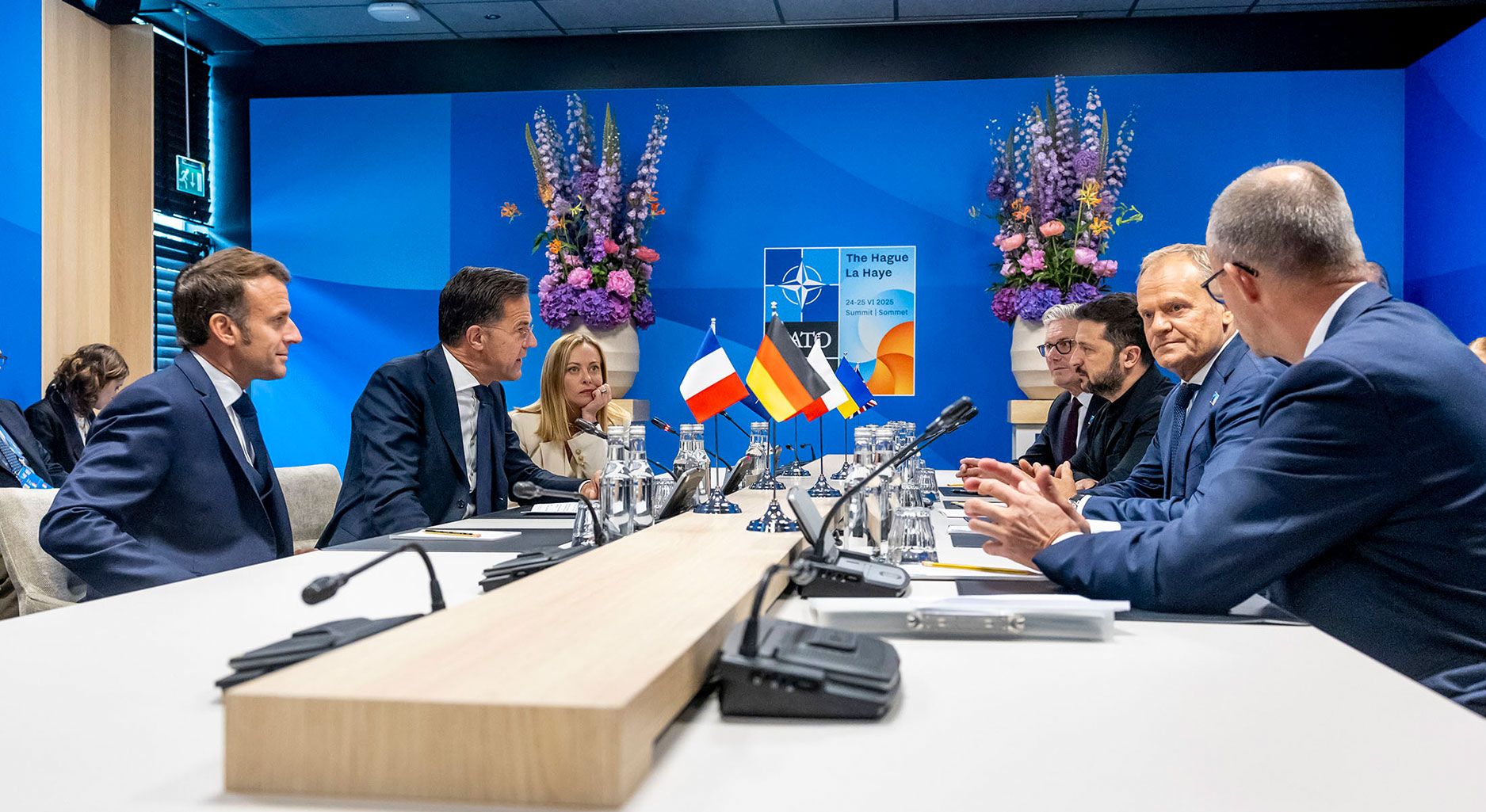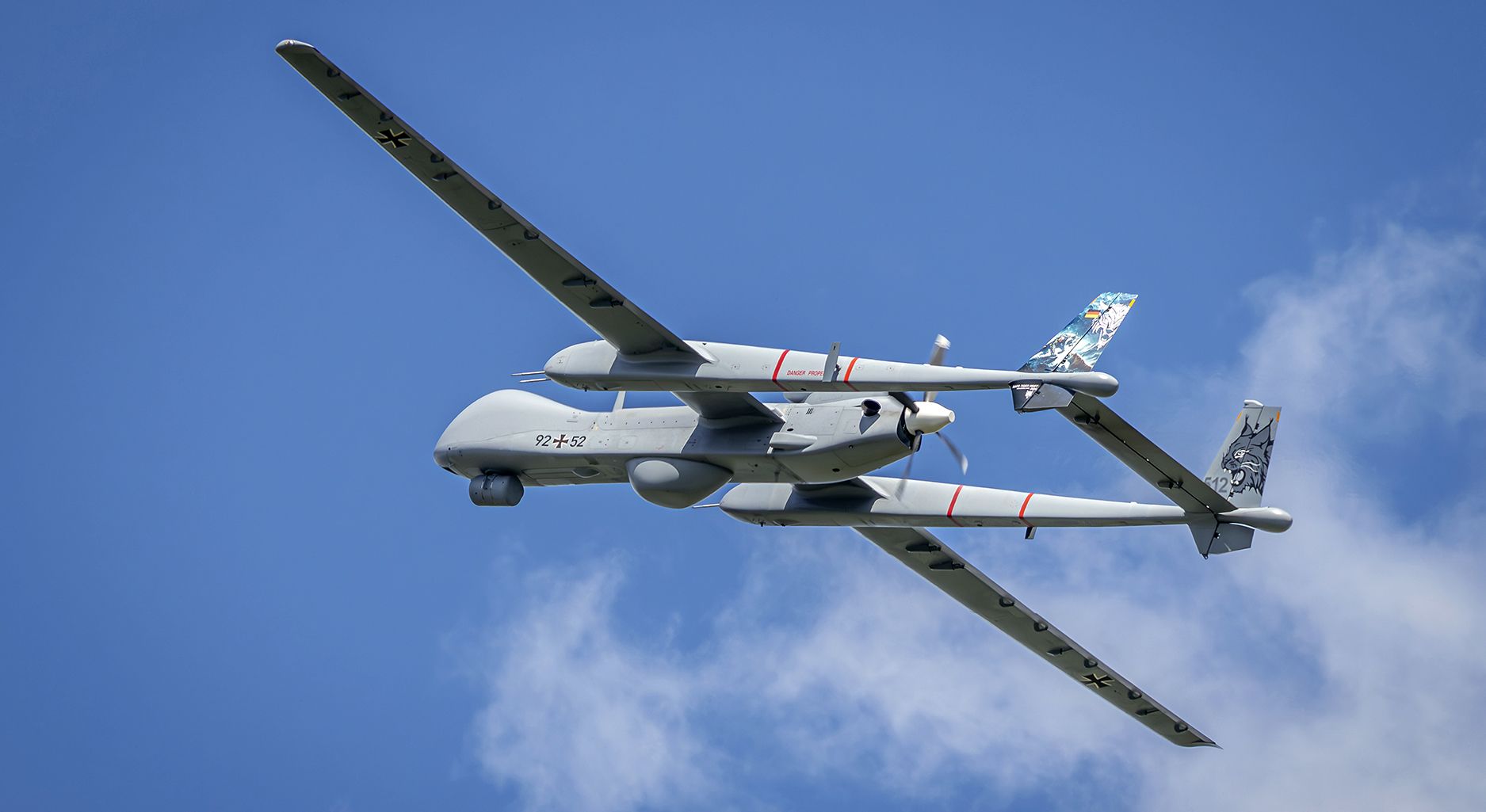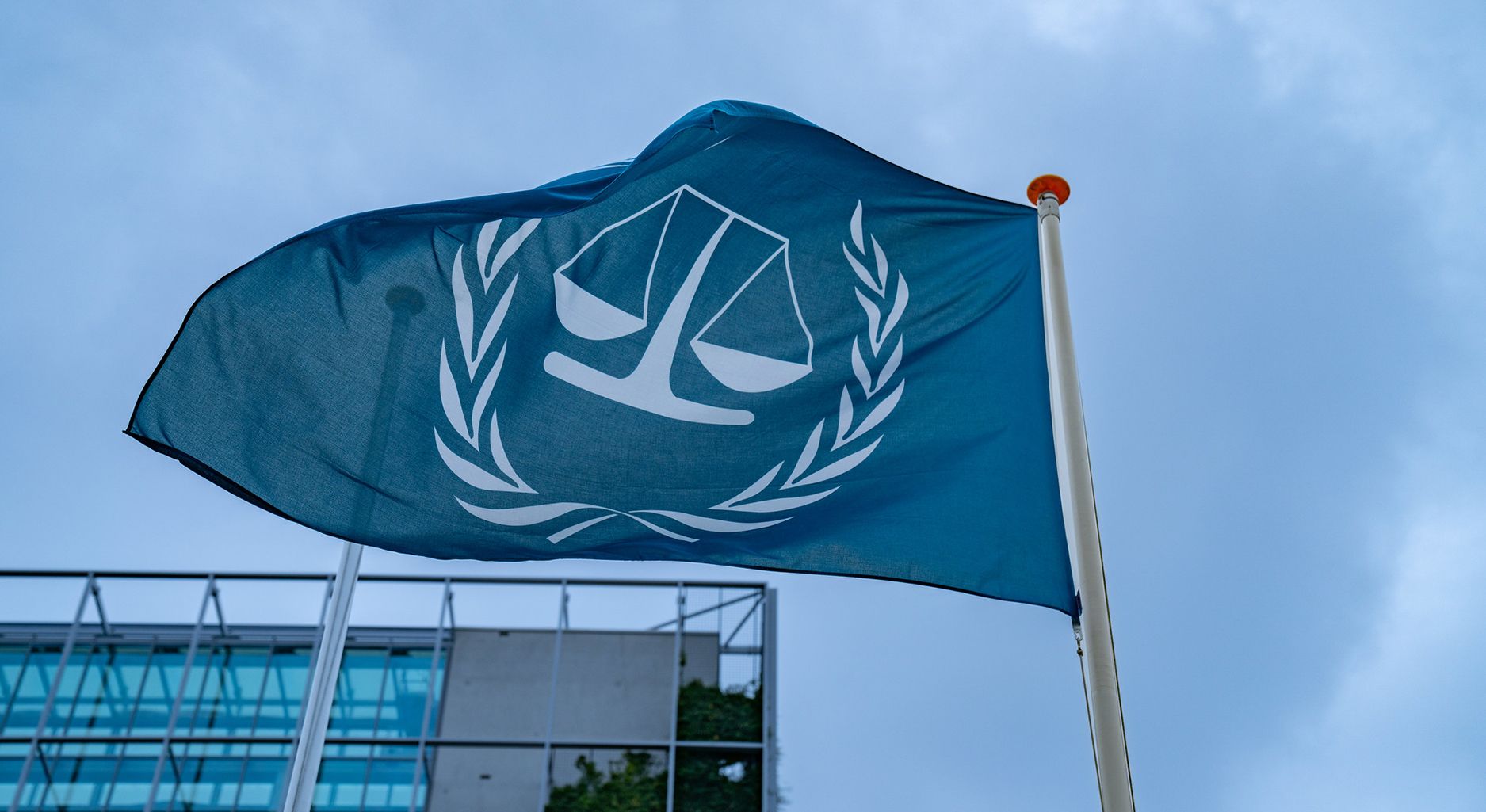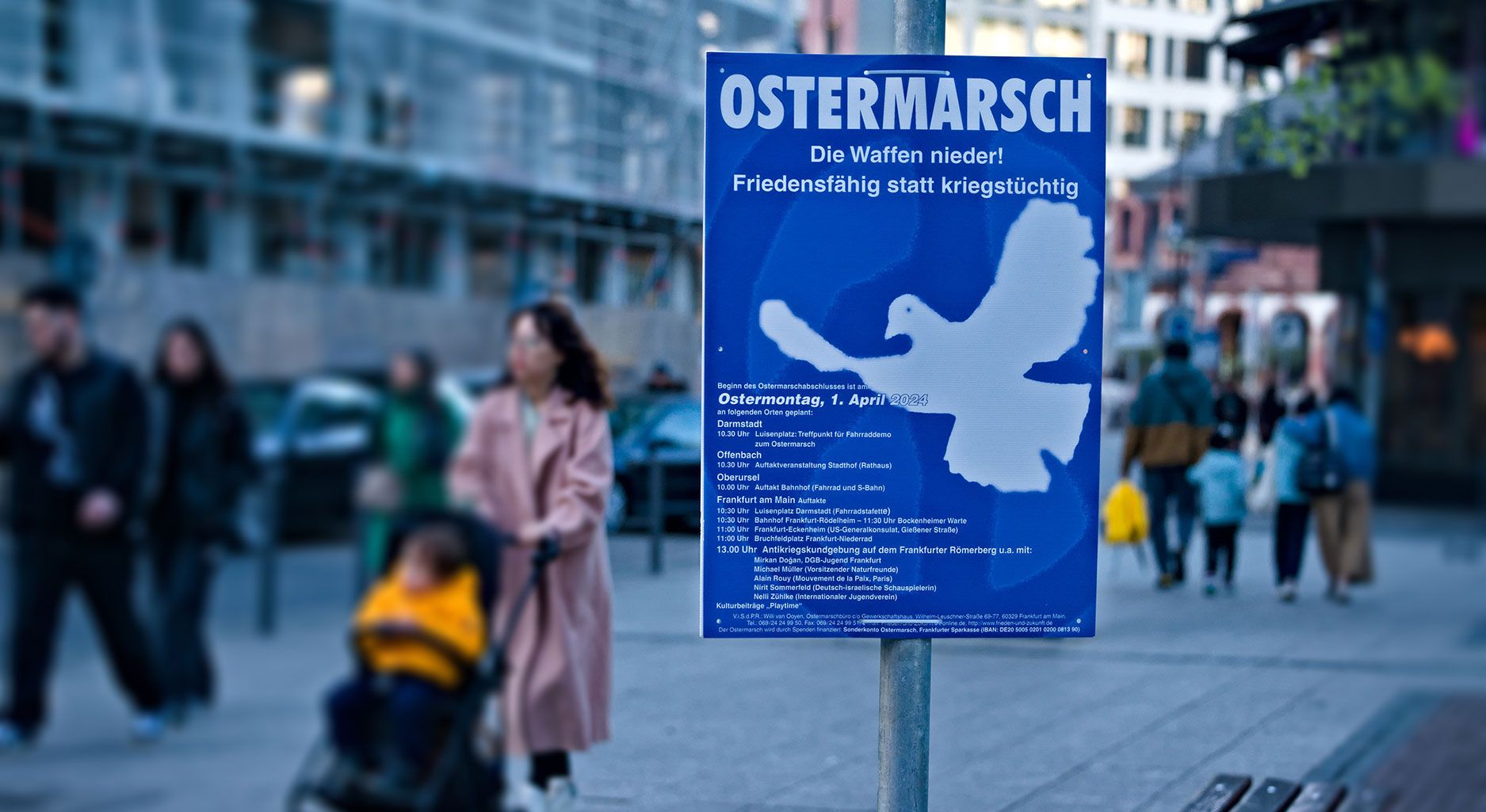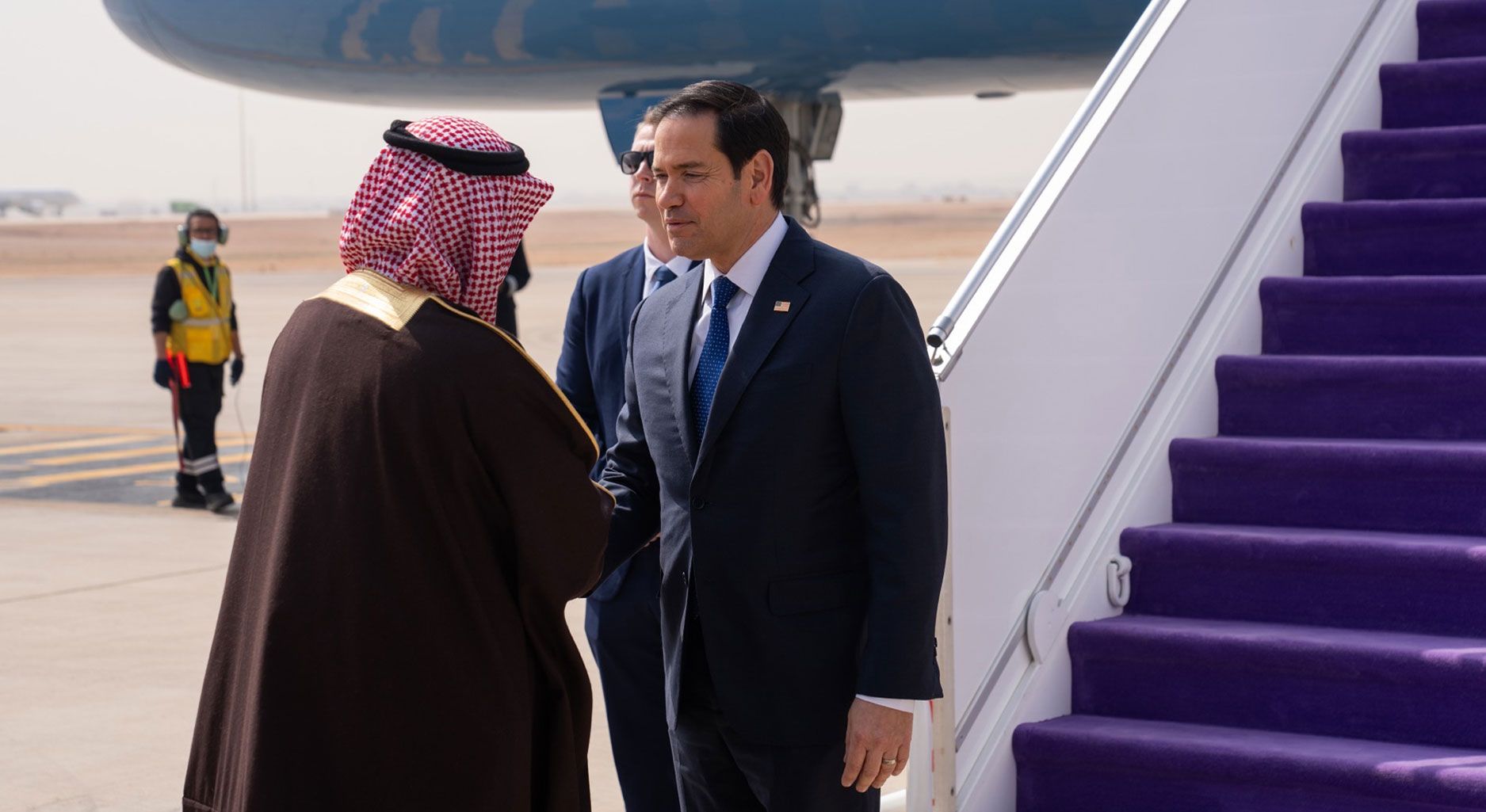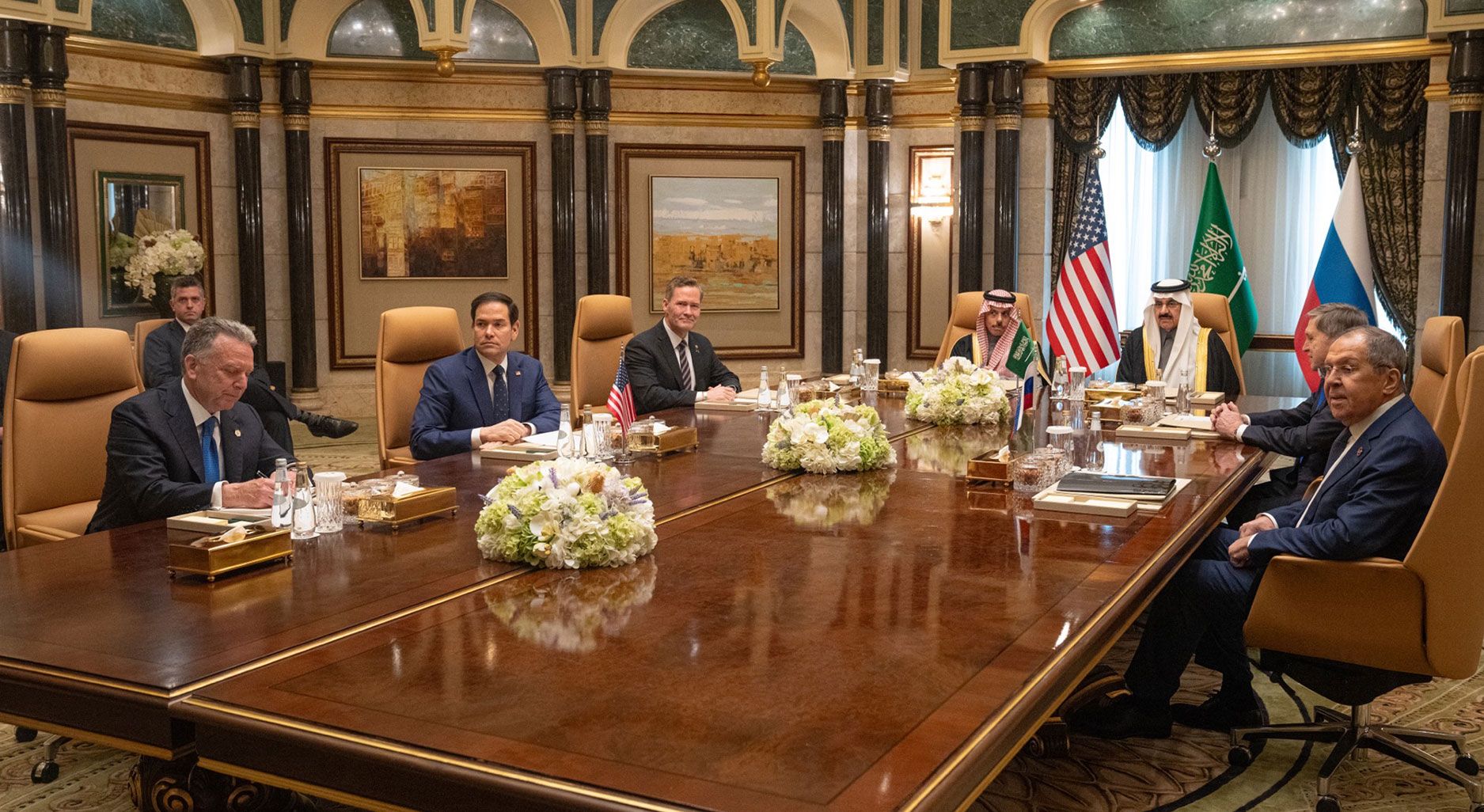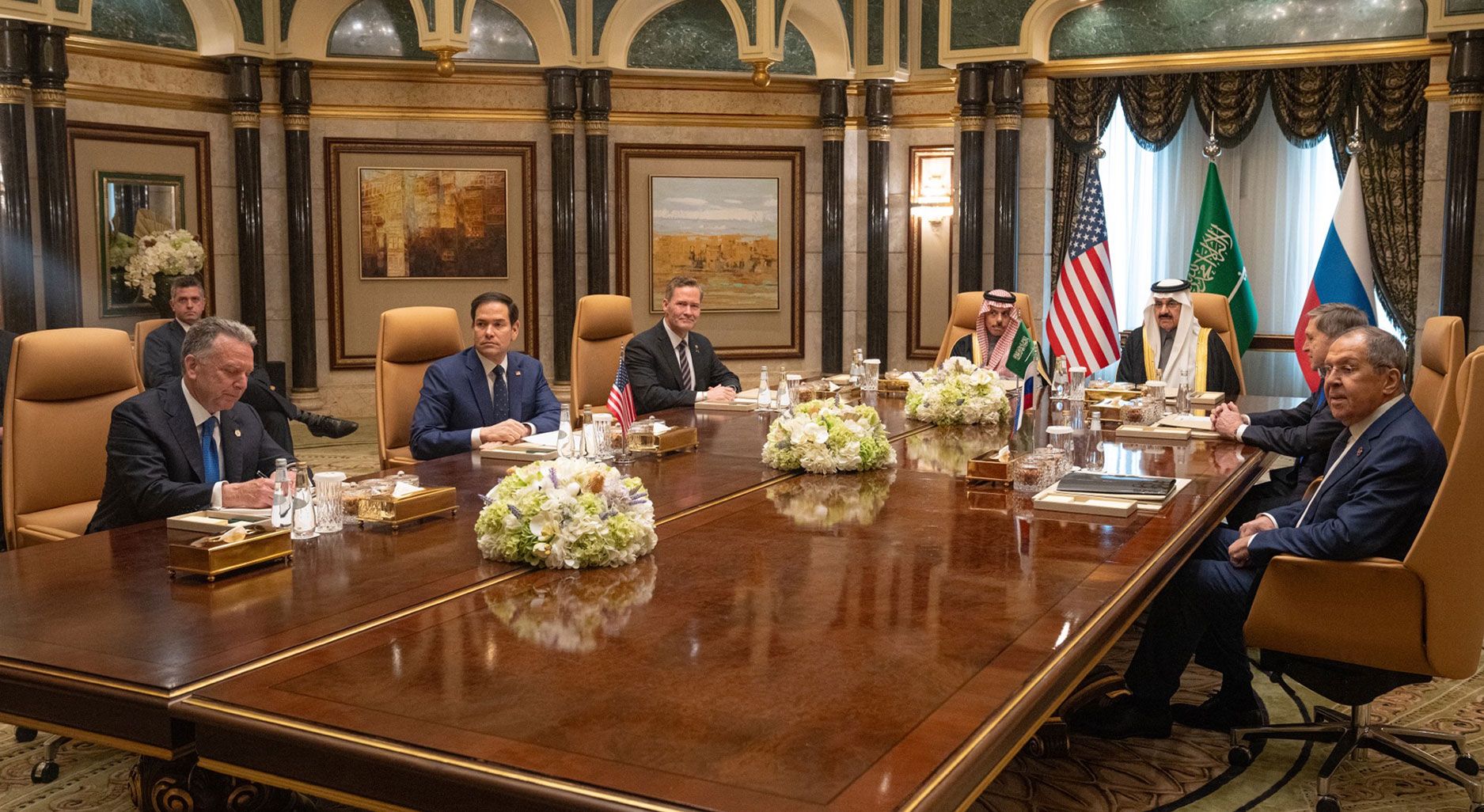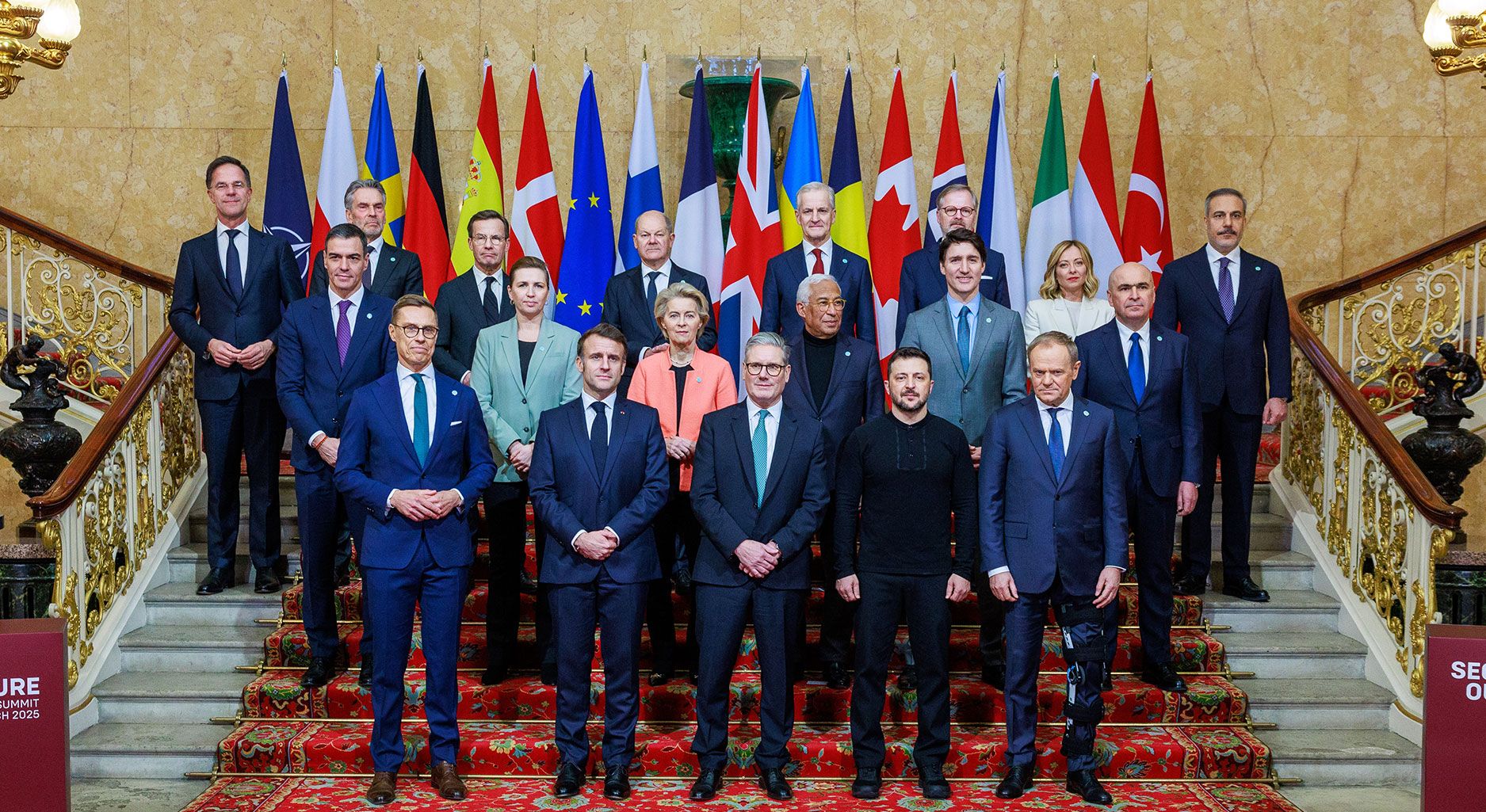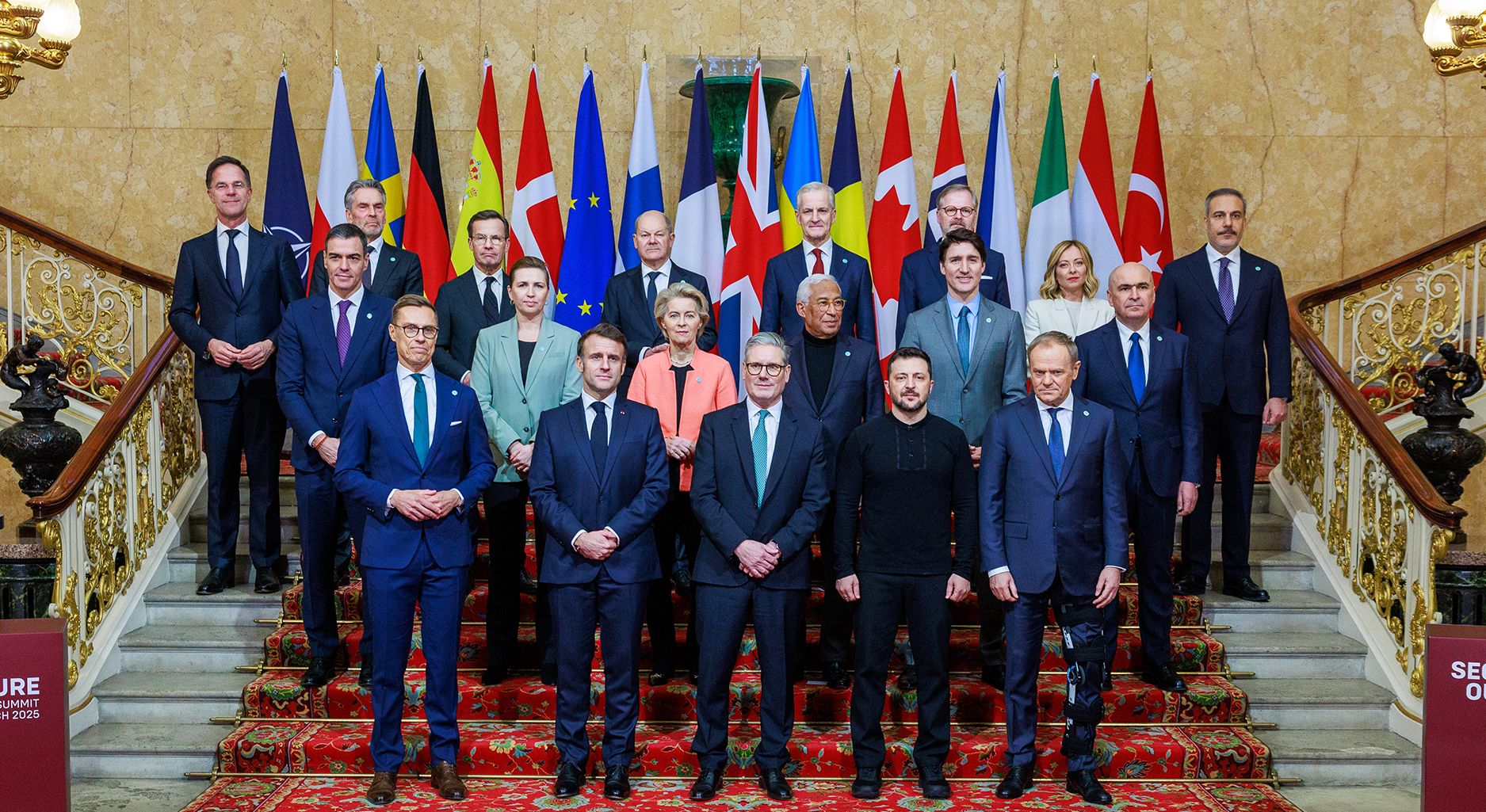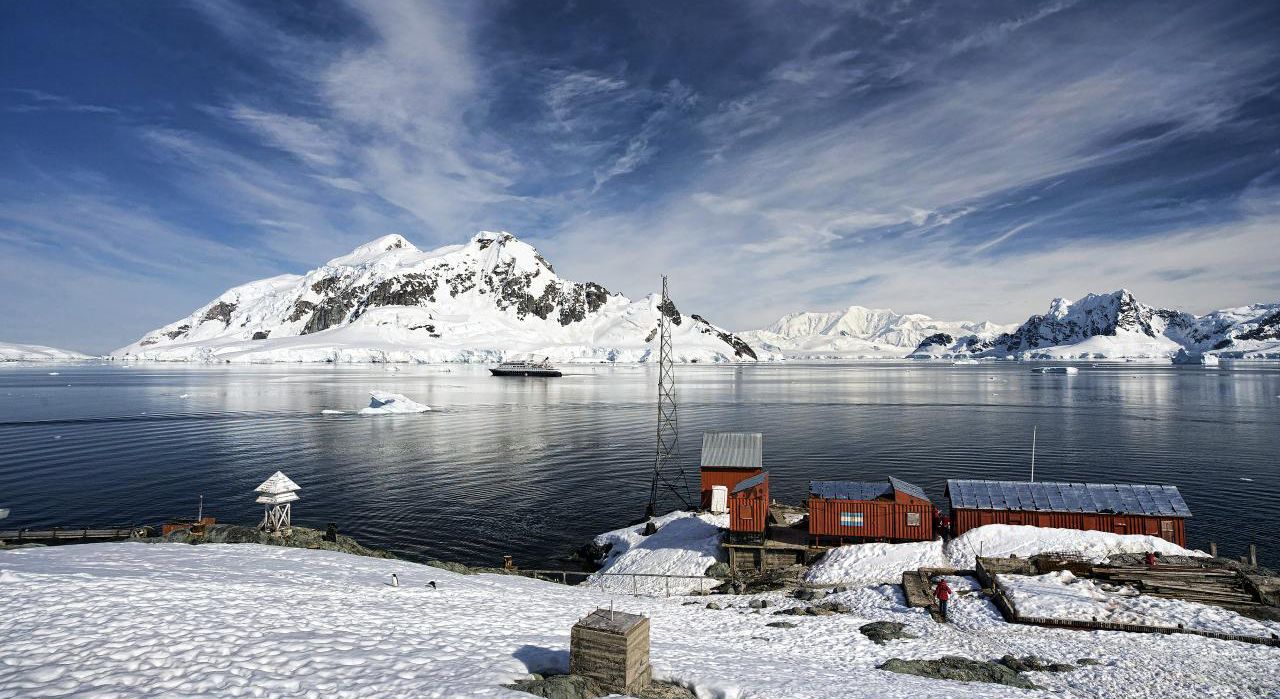Schlagwort: Russland
Geht es um Kriege außerhalb Europas, tritt Deutschland für Diplomatie und Verhandlungen ein. Findet der Krieg aber auf dem eigenen Kontinent statt, gelten Verhandlungen mit dem Gegner als unmöglich oder als Konzession gegenüber Kriegsverbrechern. Die sicherheitspolitische Debatte derart zu verengen, blendet jedoch gelungene Risikoreduzierung und diplomatische Erfolge wie z. B. das Getreideabkommen, die Monitoring-Missionen der IAEA oder den wiederholten Austausch von Gefangenen aus. Dieser Beitrag argumentiert, dass neben gesteigertem militärischem Druck und Sanktionen, auch positive Anreize helfen könnten, um den Krieg zum Vorteil Europas und der Ukraine zu beeinflussen und skizziert, wie diese aussehen könnten.
A Weapon Looking for a Purpose: Should Germany Deploy its New Heron TP Drones to the Baltics?
Influenced by Russia’s invasion of Ukraine and the evolving security landscape, Germany’s decade-long debate over armed drones concluded in 2022 with the decision to arm the Heron TP. This article examines the potential use of armed Medium Altitude Long Endurance UAVs in countering Russian grey zone tactics in the Baltic region. It argues that, despite vulnerabilities in high-intensity warfare, UAVs like the Heron TP are well-suited for intelligence, surveillance, reconnaissance, and rapid response in irregular conflict scenarios. Forward deployment to the Baltics could enhance responsiveness and deterrence, supporting NATO missions and demonstrating Germany’s commitment to collective defense in an increasingly unstable European security environment.
Justice for Ukraine: The Case for a Special Tribunal on the Crime of Aggression
On May 9th, 2025, an international coalition of almost 40 states, senior legal experts of the European Commission, the European External Action Service, the Council of Europe, and Ukraine, together officially endorsed the creation of a Special Tribunal for the Crime of Aggression against Ukraine. This represents a significant step toward holding Russia accountable for its illegal war and violations of international law. This blog post seeks to examine in greater detail the development, structure, and prospective functioning of the Tribunal, while situating it within the broader framework of international law. In parallel, it aims to formulate policy recommendations whereby Germany might continue its active support for Ukraine in the legal domain and reaffirm its commitment to upholding the rules-based international order.
Verrennen sich die Ostermärsche?
Auch dieses Jahr finden in vielen Orten Deutschlands Ostermärsche statt. Die Aufrufe thematisieren vor allem den Krieg gegen die Ukraine, das Blutvergießen in Gaza nach dem Angriff der Hamas auf Israel, das massive Aufrüsten der Bundesrepublik und anderer NATO-Staaten sowie die Stationierung von Mittelstreckenwaffen. Es zeigen sich erhebliche Unterschiede zwischen den Aufrufen, doch wie auffällt, tun sich viele schwer mit Kritik an Russland, während sie Israel massive Vorwürfe machen.
Russlands heikles Spiel mit der Zeit
Putin will den Konflikt mit der Ukraine nicht ernsthaft lösen. Aber er hält die Friedensverhandlungen am Laufen, weil sie ihm drei wichtige Vorteile bringen, meint Mikhail Polianskii.
A Sober Perspective for the Negotiating Table: Europe Must Contribute Diplomatically to Ending the War in Ukraine and Shape the Withdrawal of the US
Despite the deadlocked military situation for Ukraine and the policy shift in the US, Germany and Europe still lack a negotiating strategy for a diplomatic solution. But only military support for Ukraine and sanctions against Russia are not going to end the war on the most favorable terms for Kyiv. As difficult as it may be, positive offers equally needed. Europe’s confrontation with President Trump’s diplomatic efforts will also not help to achieve more European sovereignty. Rather, we will have to negotiate with him and President Putin about the future of Ukraine and our own security architecture. Instead of panicking and investing solely in the military, European governments should therefore pull themselves together and, above all, seize the diplomatic opportunity to secure their fate.
Mit nüchternem Blick zum Verhandlungstisch: Europa muss die Beendigung des Ukrainekrieges und den Rückzug der USA diplomatisch mitgestalten
Trotz der längst verfahrenen militärischen Lage für die Ukraine und bekannten Kurswechsels in den USA hielten Deutschland und Europa an der unrealistischen Strategie fest, nur mit militärischer Unterstützung und Sanktionen eine Verhaltensänderung Moskaus zu erreichen. Damit allein lässt sich der Krieg nicht zu möglichst günstigen Bedingungen für Kyjiw beenden. Die europäische Passivität gegenüber dem diplomatischen Ansatz von Präsident Trump wird auch nicht helfen, mehr europäische Souveränität zu erlangen. Vielmehr wird die Zukunft der Ukraine und unsere eigene Sicherheitsarchitektur mit ihm und auch mit Präsident Putin ausgehandelt werden müssen. Statt panisch nur ins Militär zu investieren, sollten sich die europäischen Regierungen ausnüchtern und diplomatisch rüsten, ihr Schicksal in die Hand zu nehmen.
Maintaining the Rules-Based International Order: How Europe can Stand up to the Superpowers as an Alliance of Small States
When Western voices described the Russian invasion of Ukraine in February 2022 as an attack on the “rules-based” or “liberal” international order, it was always implied that it was Western states, and the USA in particular, that safeguarded international law after the Second World War. However, it was primarily Afro-Asian states that defended the rules-based order during the Cold War when aggressions challenged the inviolability of international borders. A closer look at this history can help to develop concepts for the validity of international norms – especially for a Europe that is in danger of becoming an object of great power politics in the future.
Festhalten an der regelbasierten internationalen Ordnung: Wie Europa als Allianz kleiner Staaten gegenüber den Supermächten bestehen kann
Wenn westliche Stimmen den russischen Überfall auf die Ukraine im Februar 2022 als Angriff auf die „regelbasierte“ oder „liberale“ internationale Ordnung beschrieben haben, schwang dabei stets mit, dass es westliche Staaten und insbesondere die USA waren, die nach dem Zweiten Weltkrieg das Völkerrecht sicherten. Es waren jedoch vor allem afro-asiatische Staaten, die während des Kalten Kriegs die regelbasierte Ordnung verteidigten, wenn Aggressionen die Unverletzlichkeit internationaler Grenzen infrage stellten. Eine nähere Betrachtung dieser Geschichte kann helfen, zukunftsfähige Konzepte für die Geltungskraft internationaler Normen zu entwickeln – gerade für ein Europa, das Gefahr läuft, zukünftig zur Verhandlungsmasse der Großmächte zu werden.
Confronting Antarctic Security. Let’s stop chasing spectres at the South Pole!
Antarctica is often celebrated as a continent of peace and science. All ‘measures of a military nature’ – other than logistic and technical support for scientific endeavours – are prohibited by the Antarctic Treaty, which remains widely observed some 66 years after it was negotiated in 1959. However, conversations about ‘Antarctic security’ appear to be increasing in frequency and salience. Rather than chasing military and national security spectres at the South Pole, we should invest more in diplomatic and political efforts to ensure the ongoing effective and peaceful management of the Antarctic.
